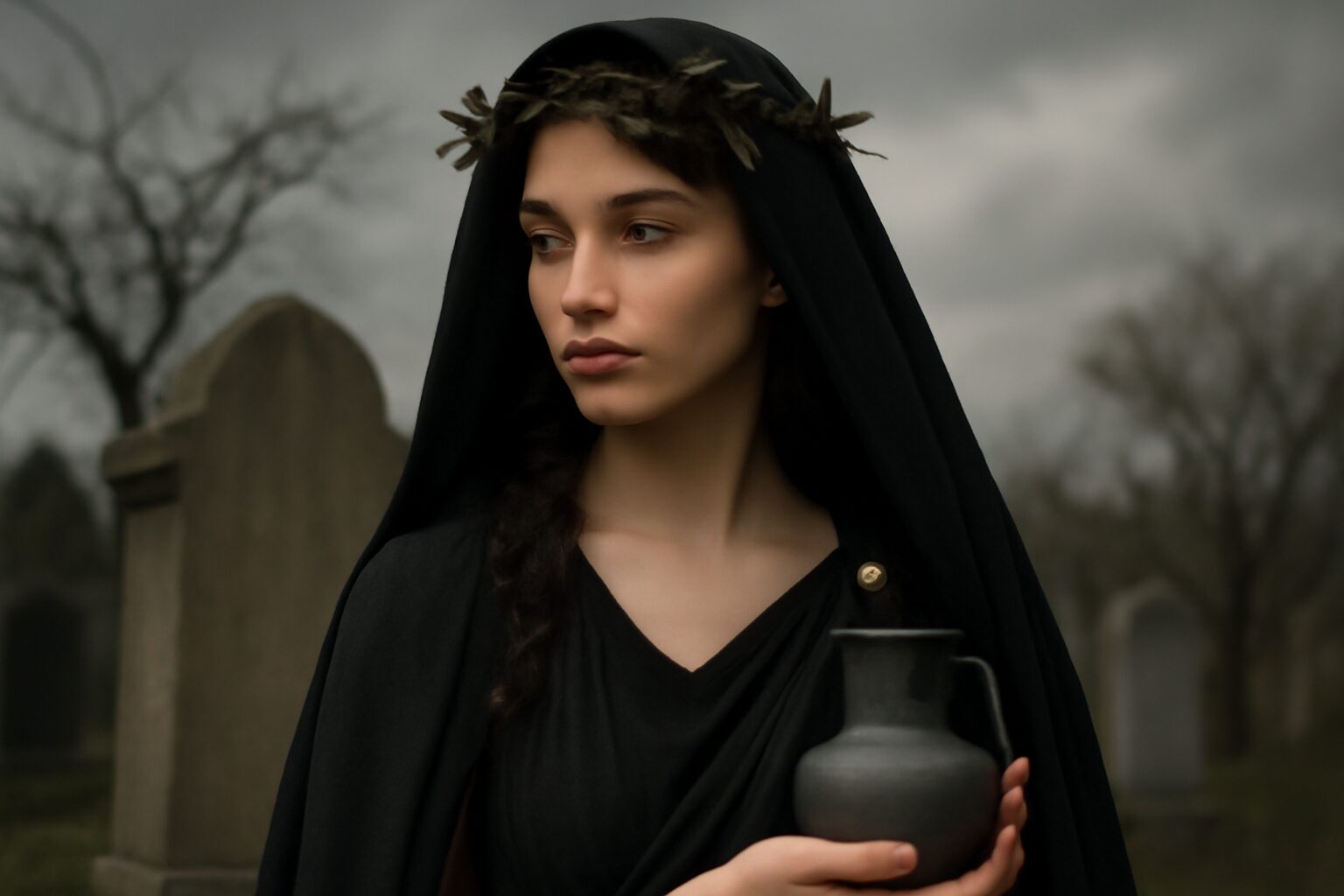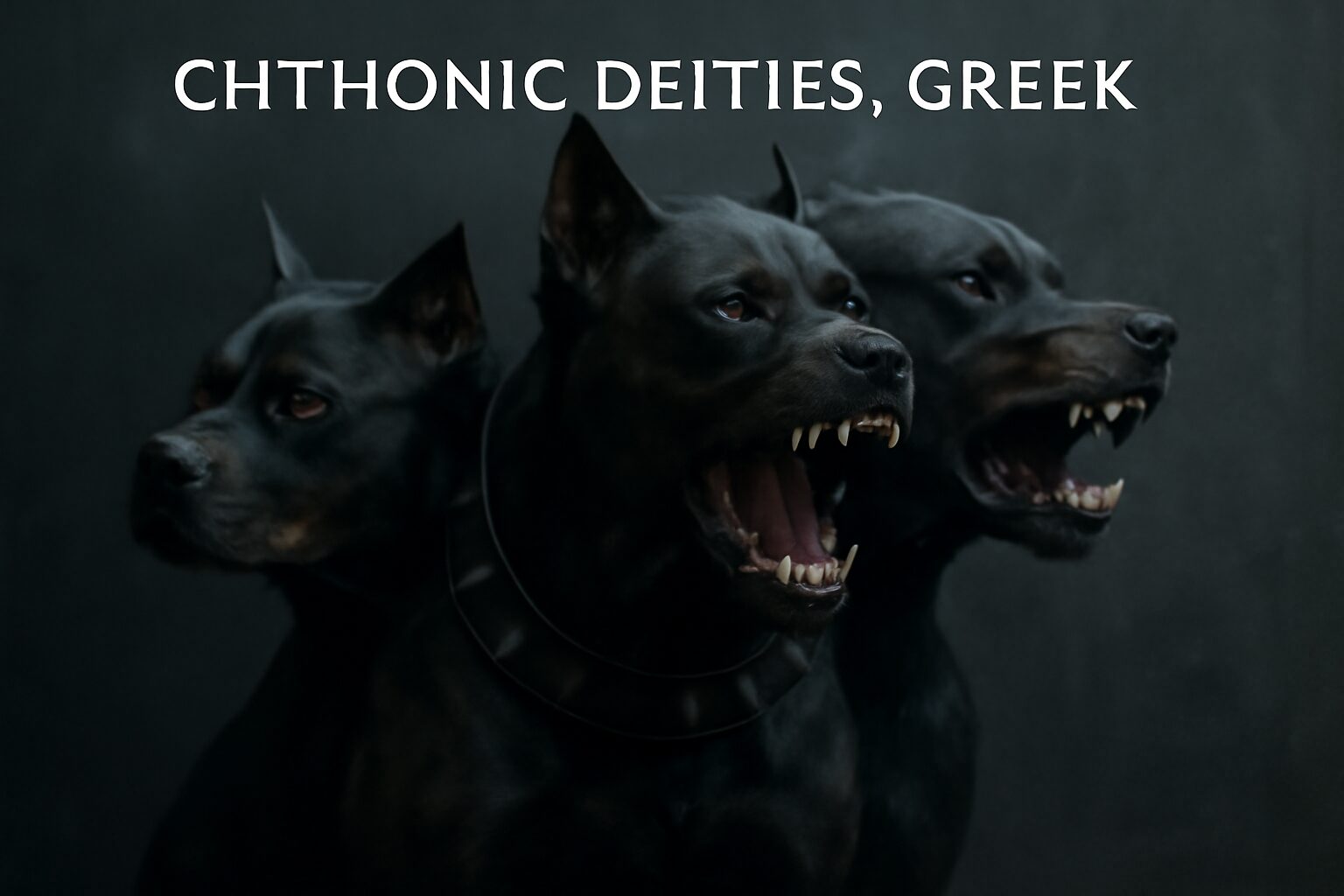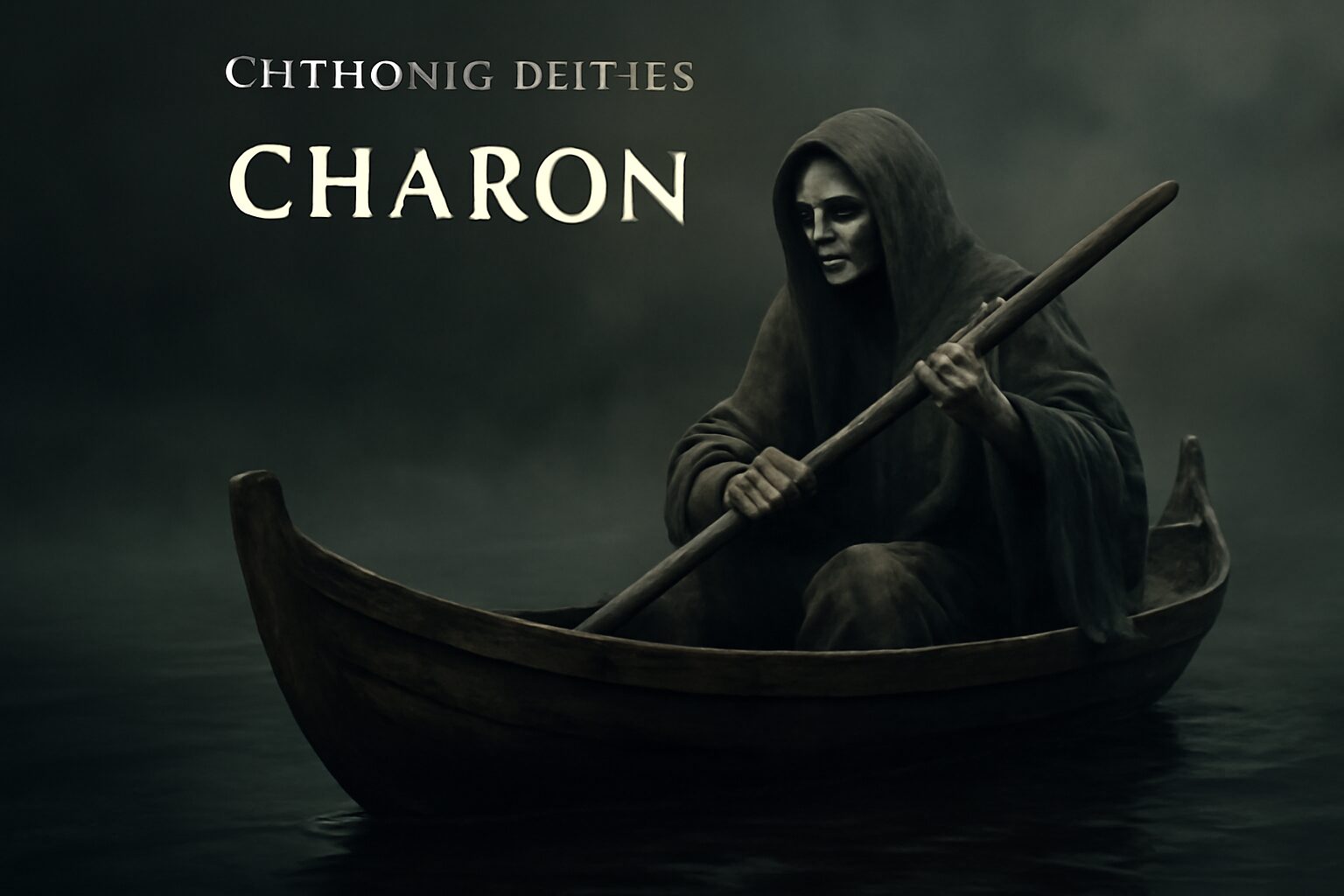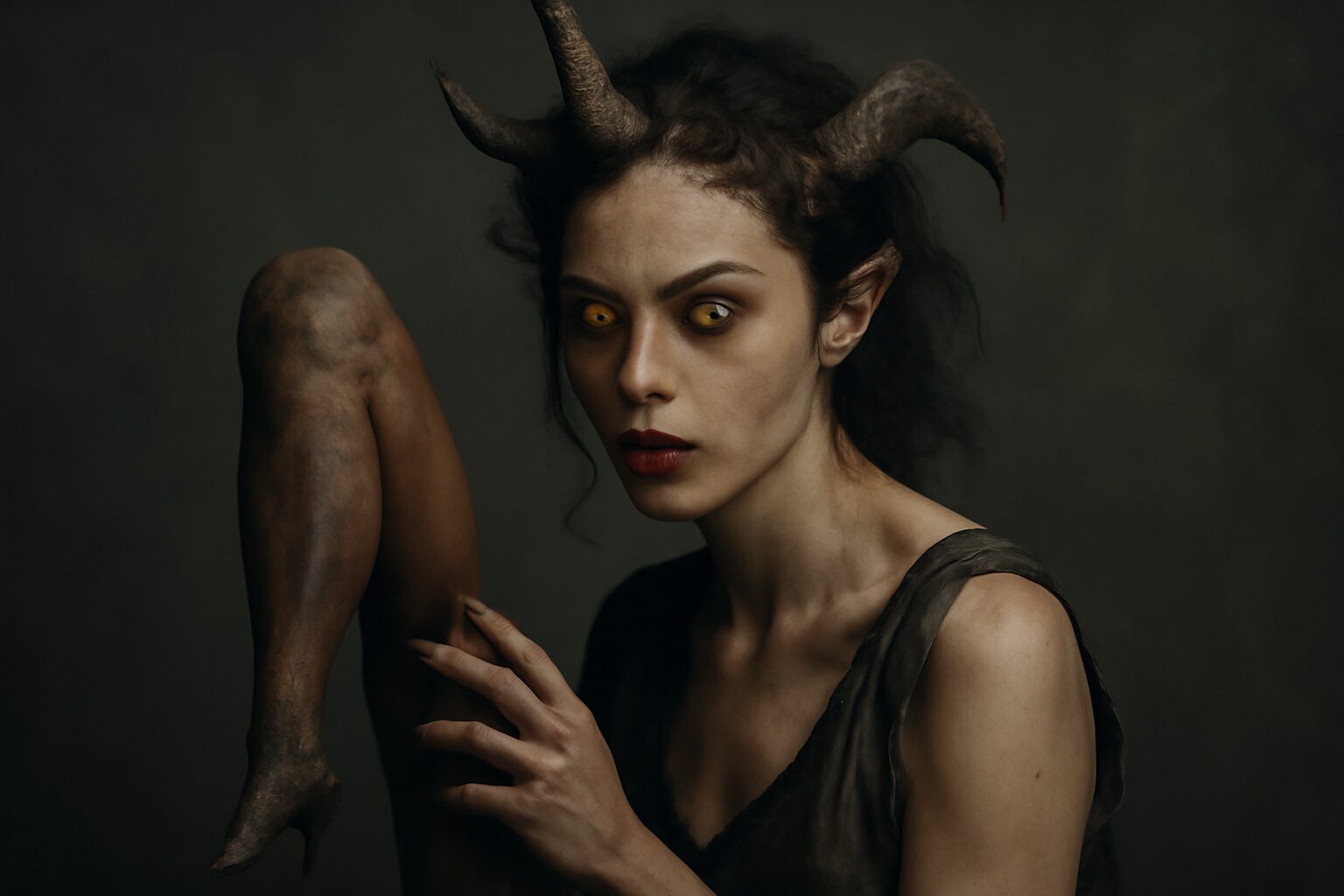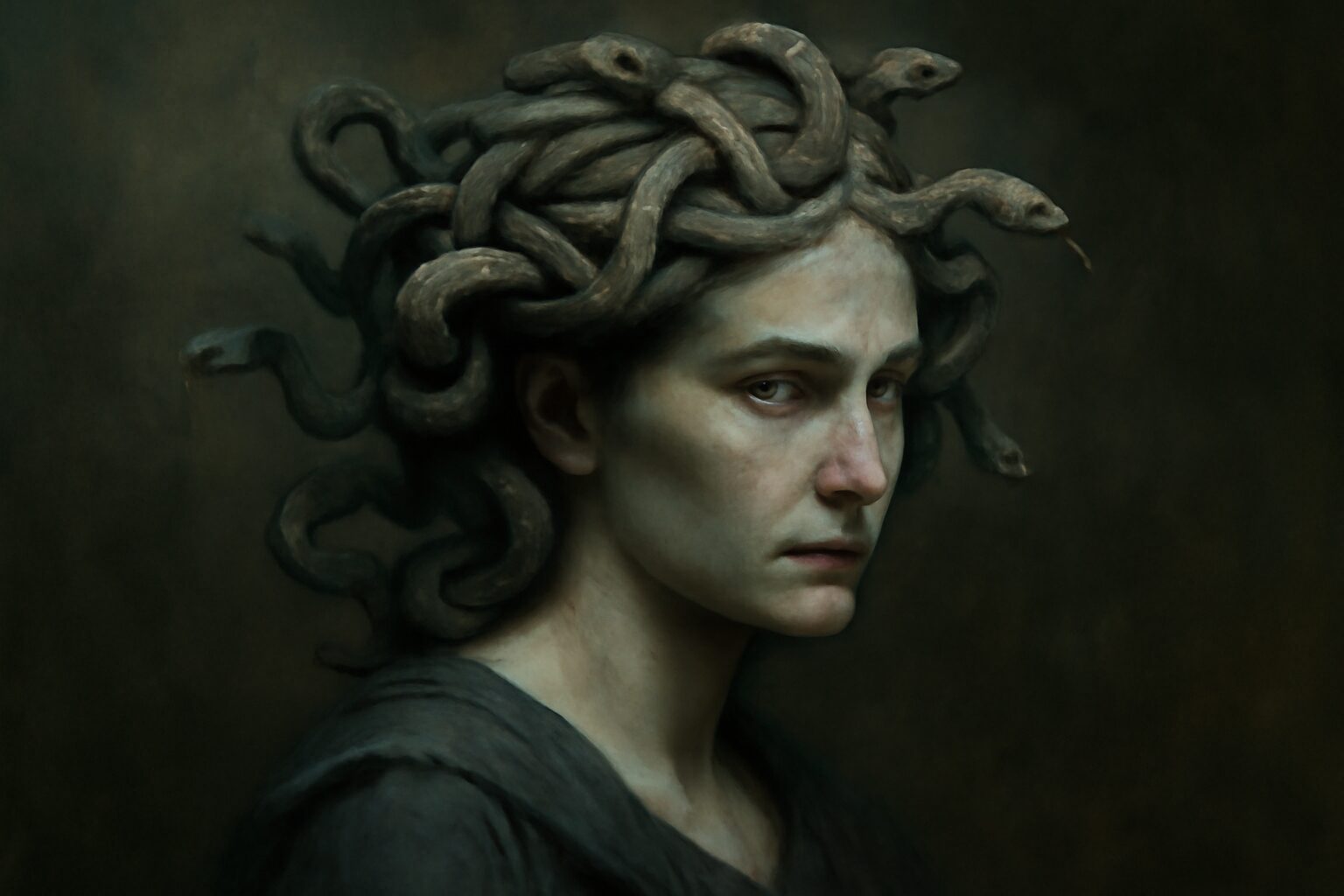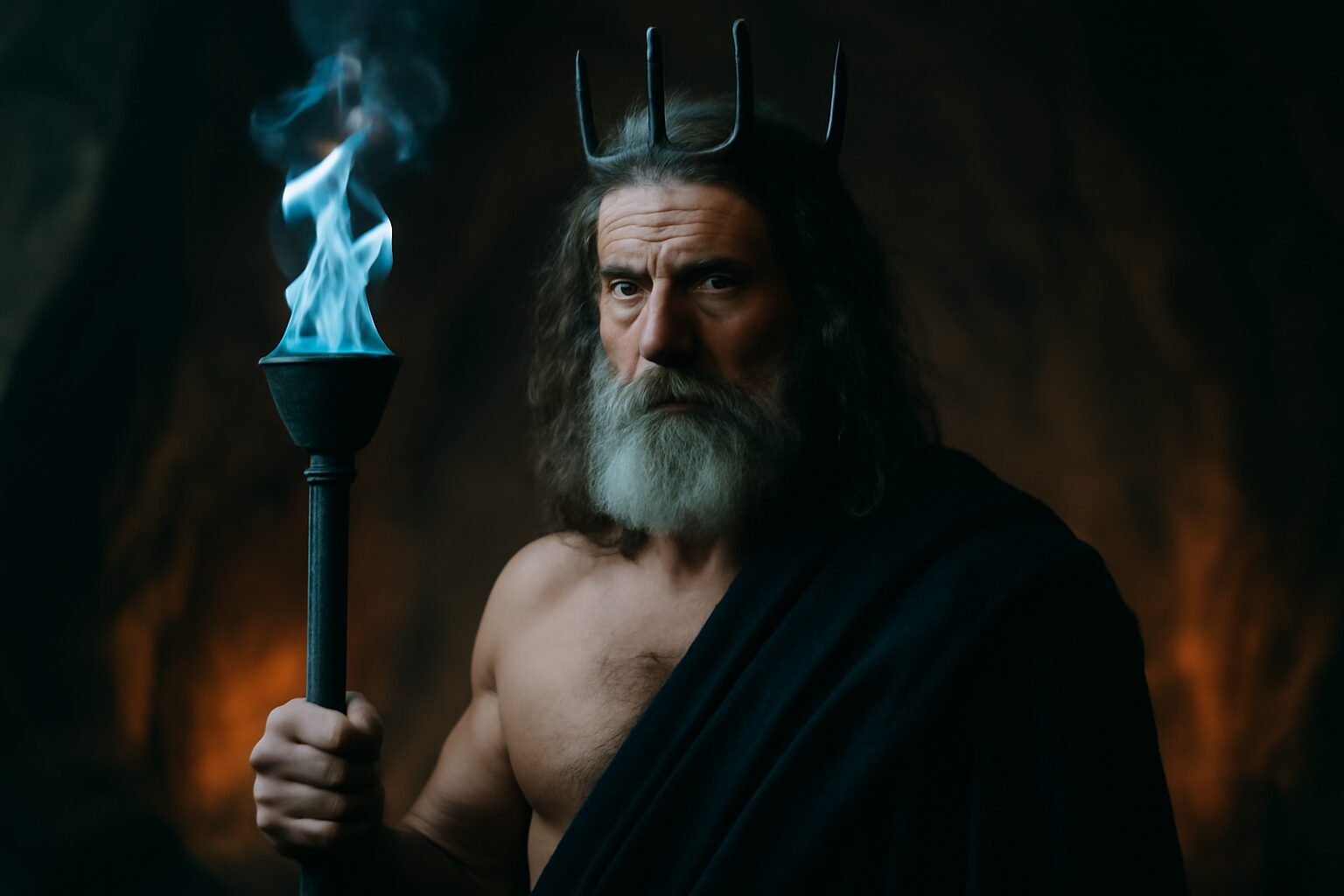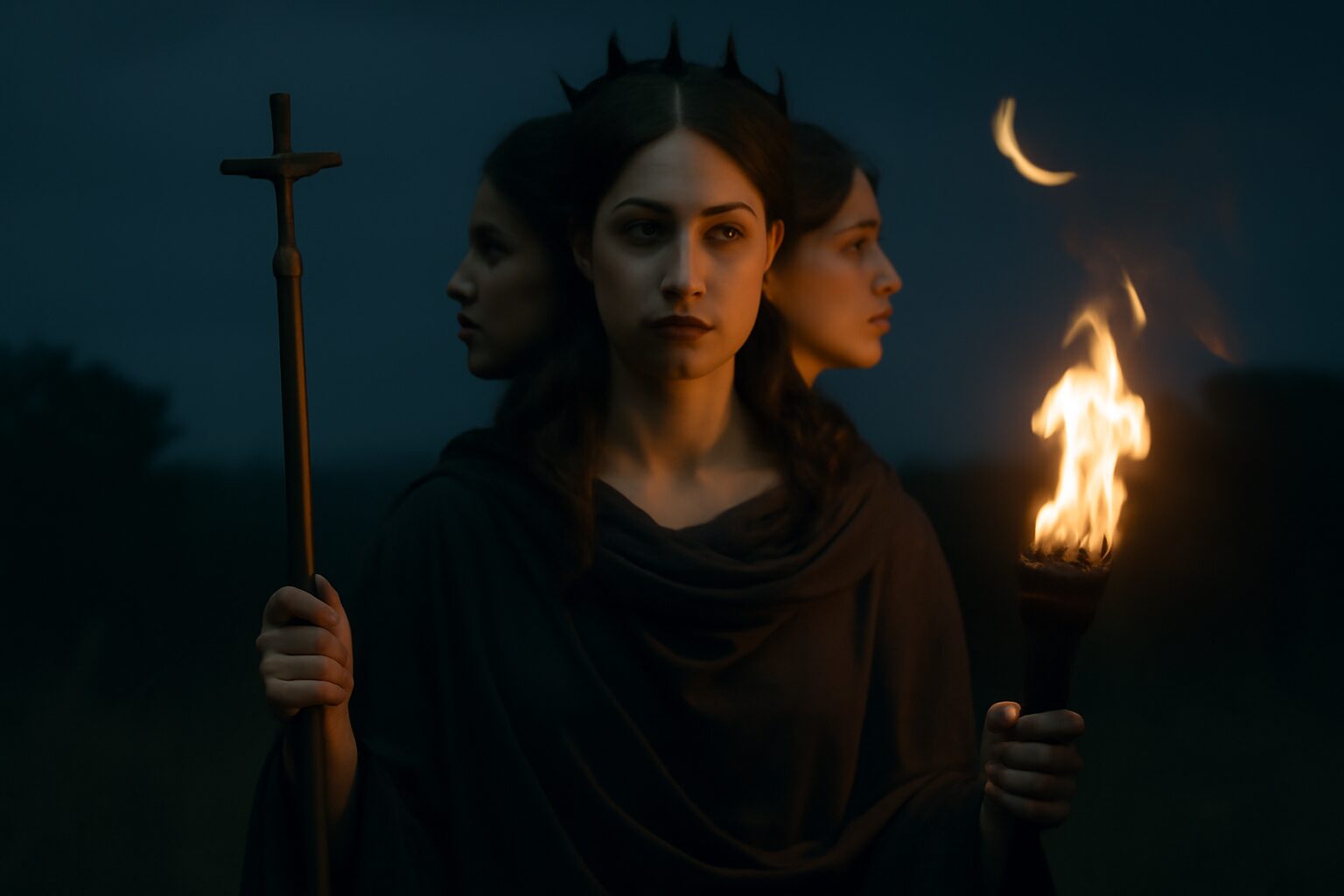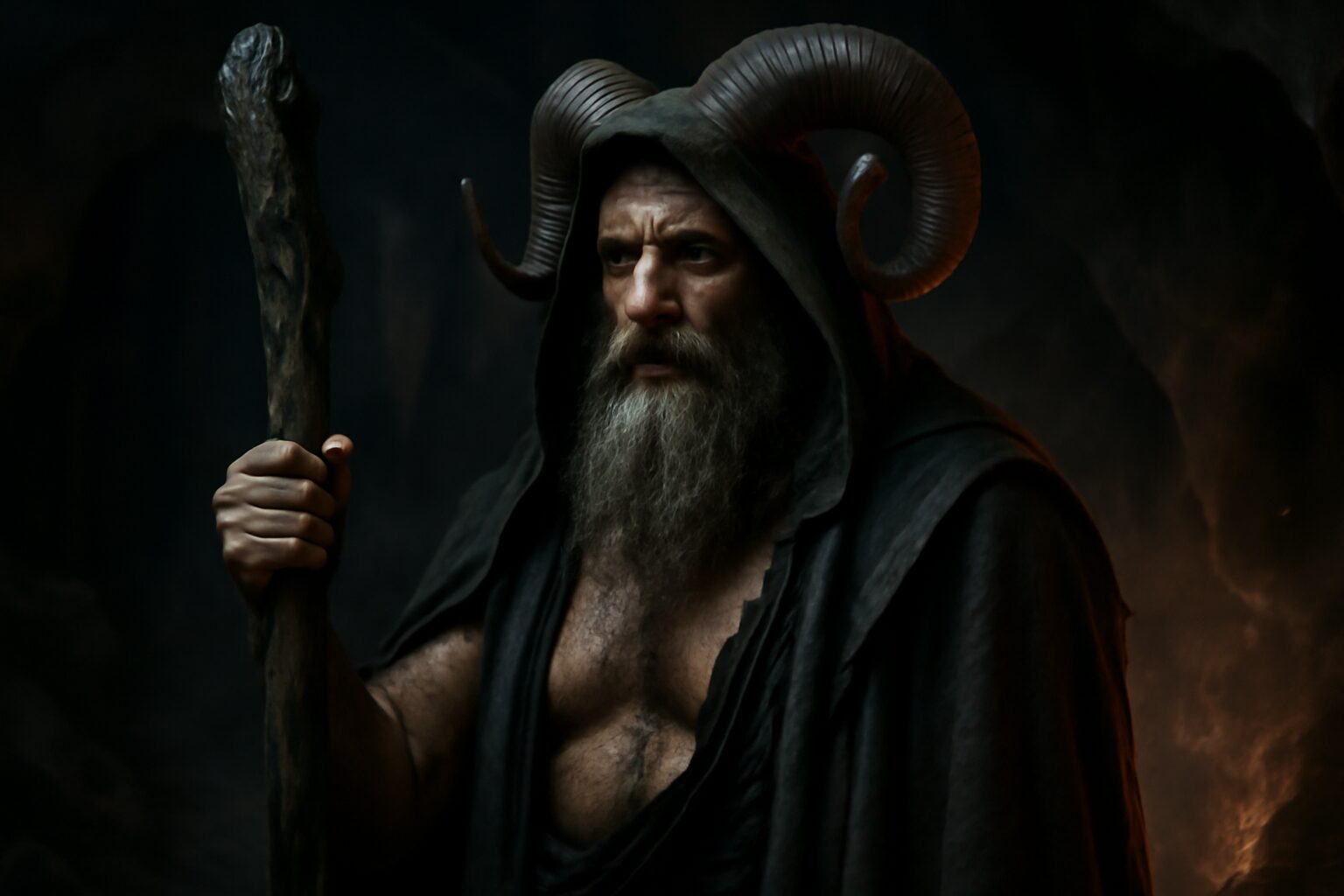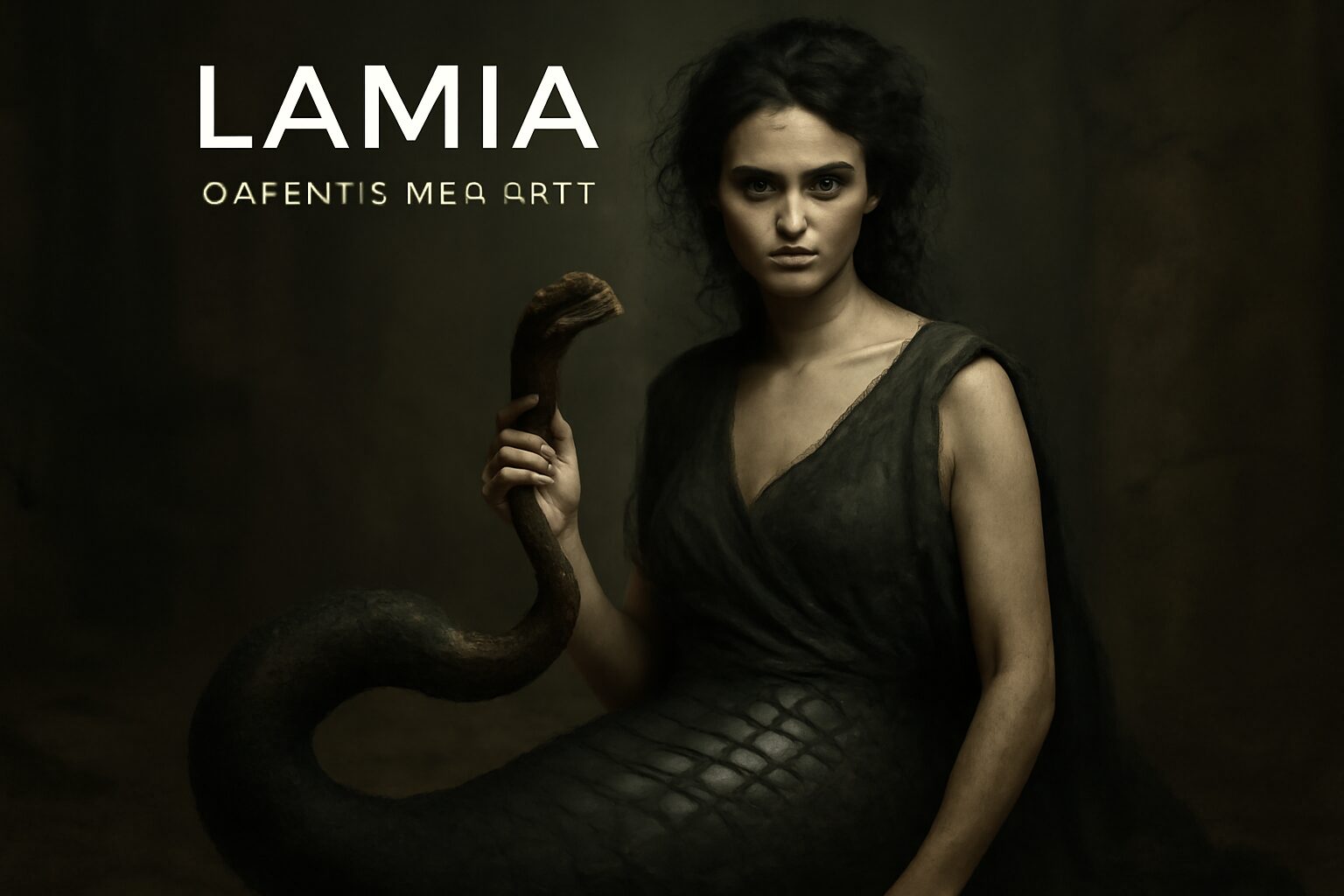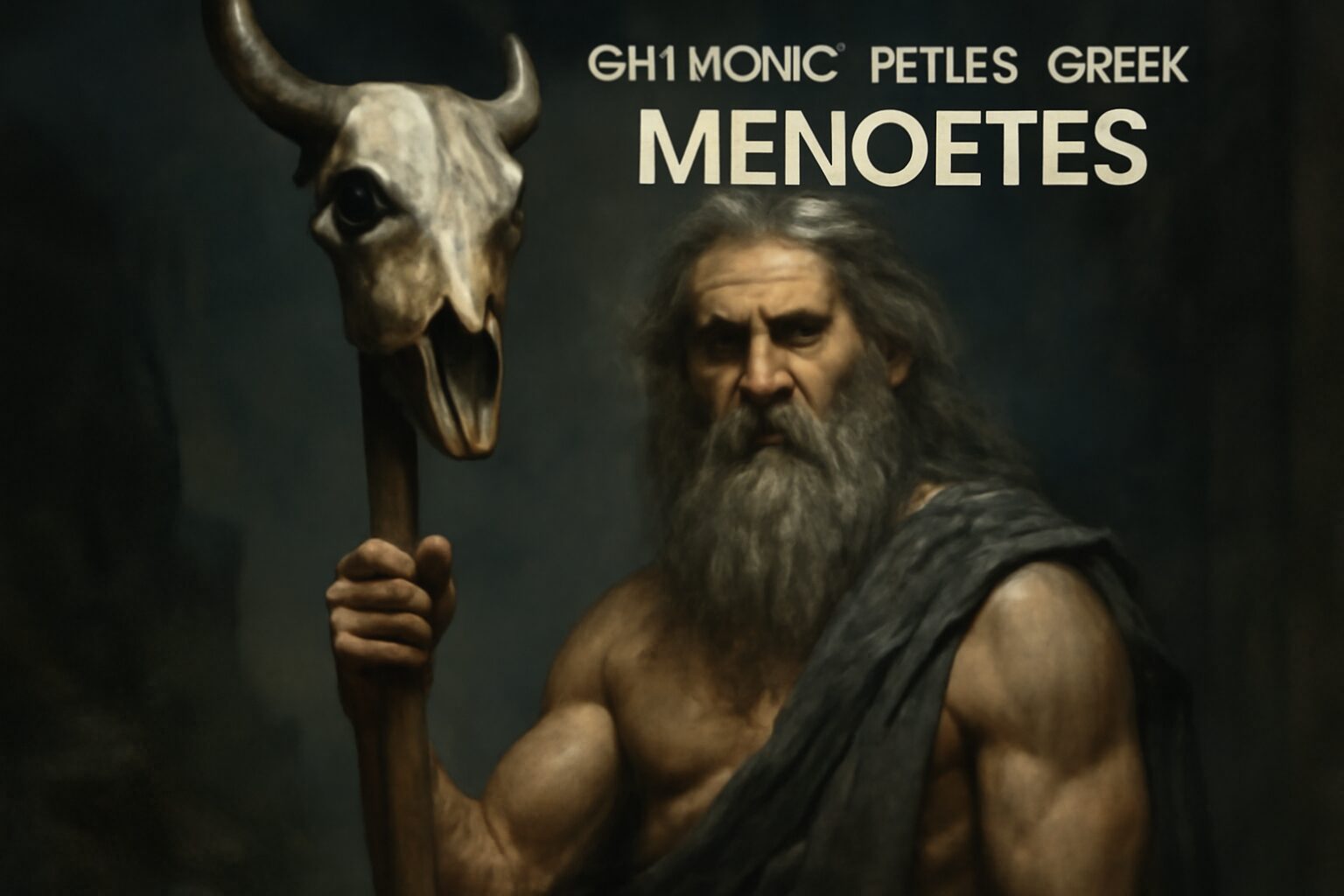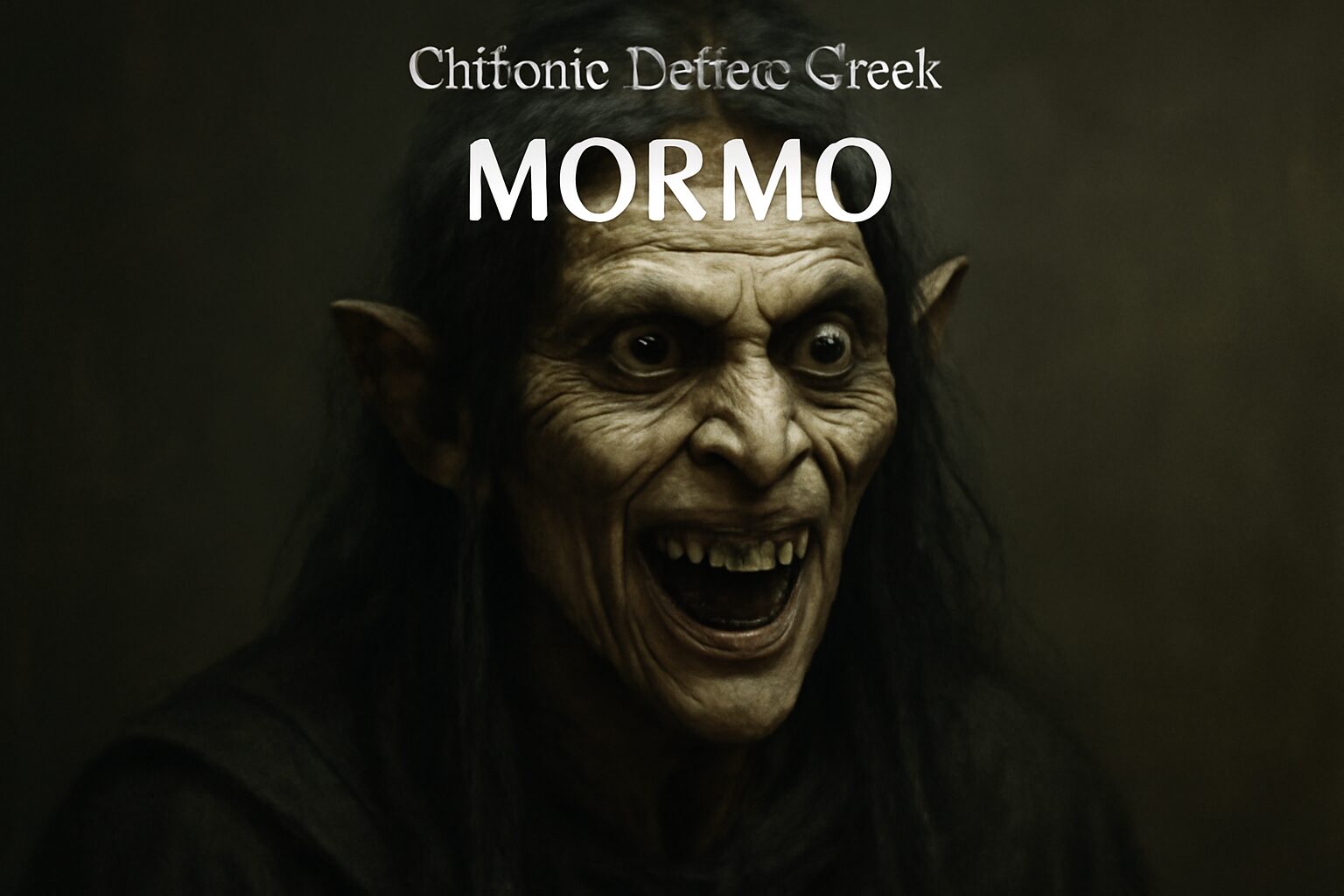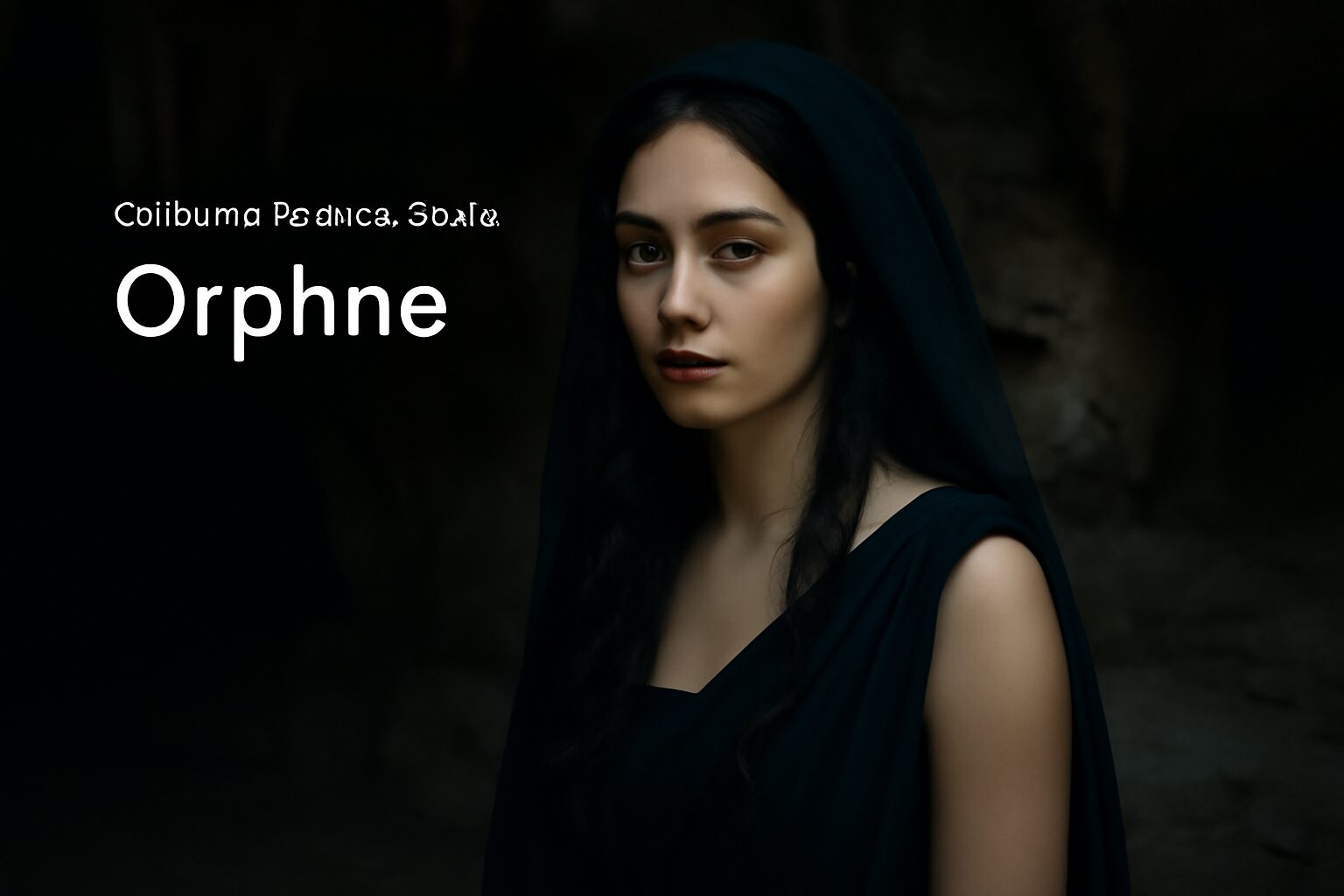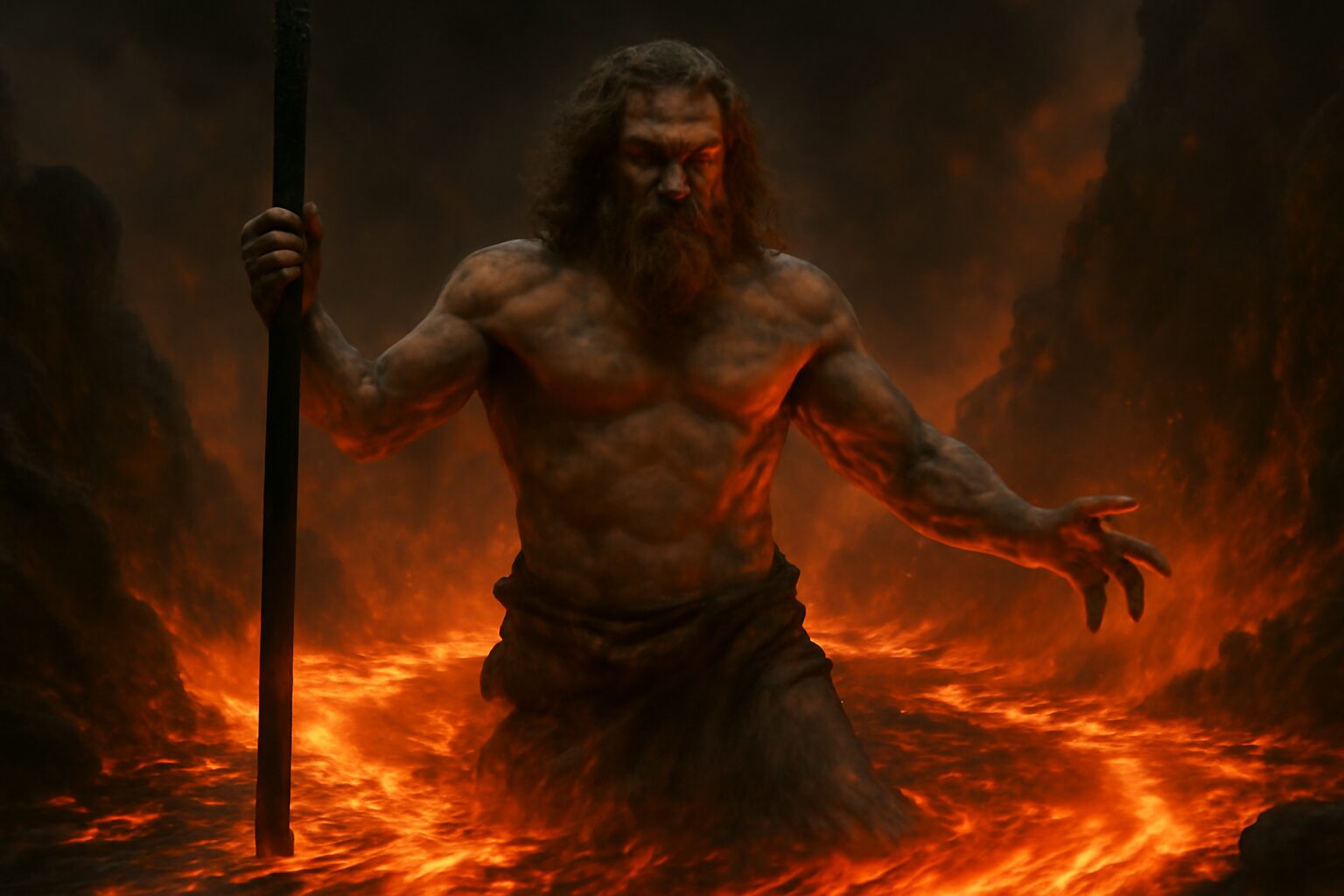Macaria: The Blessed Daughter of Hades
In Greek mythology, Macaria (meaning "blessed" or "happy") is a lesser-known but fascinating deity associated with death and the afterlife. As the daughter of Hades, god of the Underworld, and Persephone, queen of the dead, she embodies a gentler aspect of the afterlife—one of peaceful rest rather than torment.
Mythology and Role
Macaria appears primarily in the myth of Heracles' descendants. When the hero's children were pursued by Eurystheus, king of Mycenae, they sought refuge in Athens. An oracle declared that only the sacrifice of a maiden could ensure victory for Athens. Macaria voluntarily offered herself, choosing death to save her family and the city. Her selflessness earned her a place among the gods as a benevolent spirit of blessed death.
Unlike many Underworld deities associated with punishment or darkness, Macaria represents a peaceful, honorable death. Some scholars suggest she may have been worshiped as a guide for souls transitioning to Elysium, the paradise of the blessed dead.
Powers and Significance
As a chthonic (underworld) deity, Macaria possessed powers related to death and the afterlife:
• The ability to grant painless transitions from life to death
• Influence over fortunate deaths and peaceful ends
• Possible role in guiding virtuous souls to their final rest
Her worship appears to have been localized primarily in Attica (the region around Athens), where her sacrifice was commemorated. The Macarian spring near Marathon was said to be named in her honor.
Relationships and Symbolism
As part of the Underworld pantheon, Macaria was closely associated with:
• Hades and Persephone (her divine parents)
• Melinoe (possibly her sister, another Underworld goddess)
• Thanatos (god of peaceful death)
• The Erinyes (Furies), though she represented their opposite
Macaria's myth and character represent important Greek concepts about death—particularly the idea that a noble, voluntary death could be makaros (blessed). Her story offers a counterpoint to the more fearsome aspects of the Greek Underworld, showing that death could be merciful and honorable.
Alternative Names for Macaria
God Name: Makaria (Greek)
An alternative spelling of Macaria, used in some ancient Greek texts to refer to the goddess of blessed death.
God Name: Felicitas (Roman)
In Roman mythology, Felicitas is sometimes associated with Macaria, representing a similar concept of blessedness and happiness, though not a direct equivalent.
God Name: Eukleia (Greek)
In some interpretations, Macaria is linked with Eukleia, a minor goddess of glory and good repute, though this connection is not universally accepted.
Tales about Macaria
Macaria and Hades: The Blessed Sacrifice
In the dark, silent halls of the Hades's realm, a somber decision was made. The great hero Heracles had left his children vulnerable, and an oracle decreed that only a voluntary sacrifice to the underworld could save them. Macaria, daughter of Heracles, stepped forward with unwavering courage. She offered her life to appease the gods and ensure her siblings' safety.
Moved by her selflessness, Hades welcomed her not as a mere shade, but as a blessed spirit. He granted her a place of honor in Elysium, transforming her sacrifice into an eternal blessing. From that day, Macaria became a symbol of noble death, and her name was invoked for peaceful ends, a testament to her grace under the shadow of the underworld's king.
Macaria and Persephone: The Blossom in the Underworld
While wandering the asphodel meadows, Macaria encountered Persephone, the queen of the underworld, who was tending to a rare, ghostly flower that bloomed only in the realm of the dead. Persephone, often lonely during her time below, found a kindred spirit in Macaria, whose gentle nature brought a touch of light to the gloom.
Together, they nurtured the flower, which came to symbolize the hope and beauty that could exist even in death. Persephone shared with Macaria the secrets of the underworld's cycles, and in return, Macaria offered companionship and empathy. Their bond illustrated that even in the deepest shadows, friendship and growth could flourish, making the afterlife a place not just of an end, but of serene continuity.
Frequently Asked Questions
Who is Macaria in Greek mythology?
Macaria is a minor Greek goddess associated with blessed death. She is often considered the daughter of Hades and Persephone, making her one of the Chthonic deities connected to the underworld.
What are Chthonic deities in Greek mythology?
Chthonic deities are gods and spirits associated with the underworld, earth, and the afterlife in Greek mythology. They include figures like Hades, Persephone, Hecate, and Macaria, and were often worshiped with different rituals than the Olympian gods.
Why were Chthonic deities important in ancient Greece?
Chthonic deities were important because they governed death, the afterlife, and the unseen forces of the earth. Ancient Greeks believed honoring them ensured safe passage to the afterlife, fertile land, and protection from malevolent spirits.
How is Macaria different from other Chthonic deities?
Macaria is unique among Chthonic deities as she represents a peaceful or blessed death, unlike more fearsome figures like Hades or the Furies. She symbolizes the positive aspect of the afterlife, offering comfort to the dying.
Are Chthonic deities still relevant today?
While not worshiped today, Chthonic deities like Macaria influence modern culture through literature, art, and psychology. Concepts of the underworld and afterlife they represent continue to inspire discussions about mortality and the human experience.

